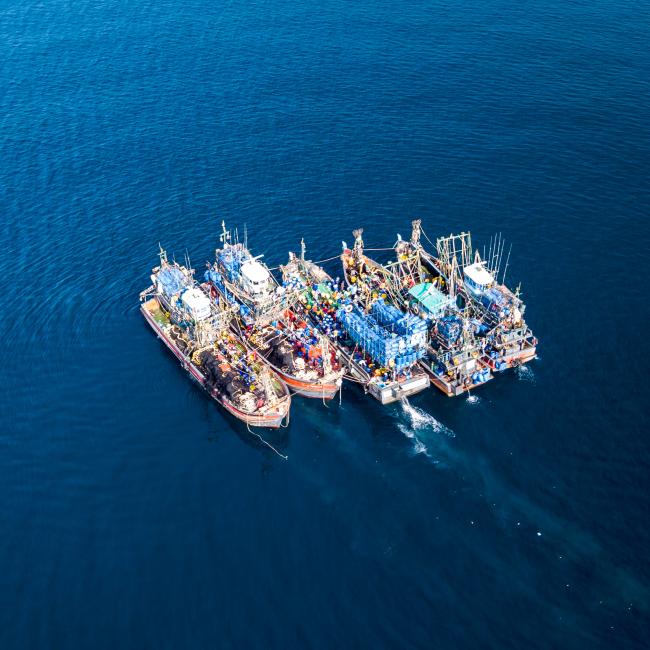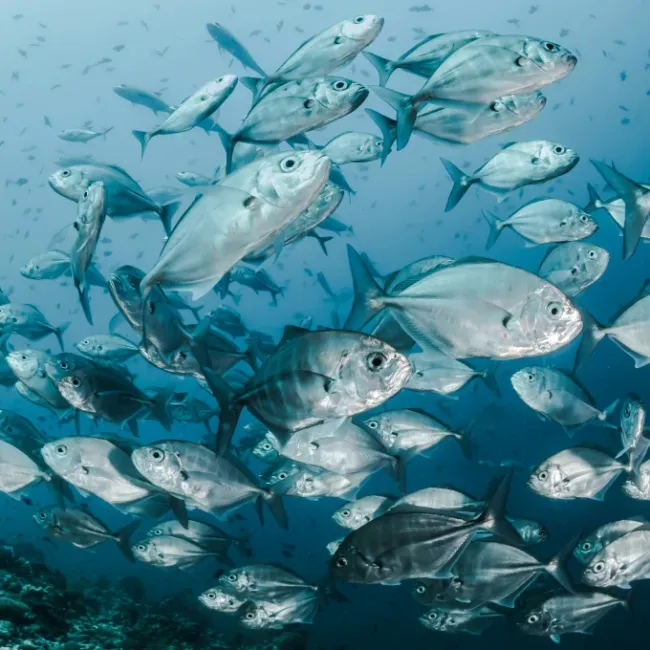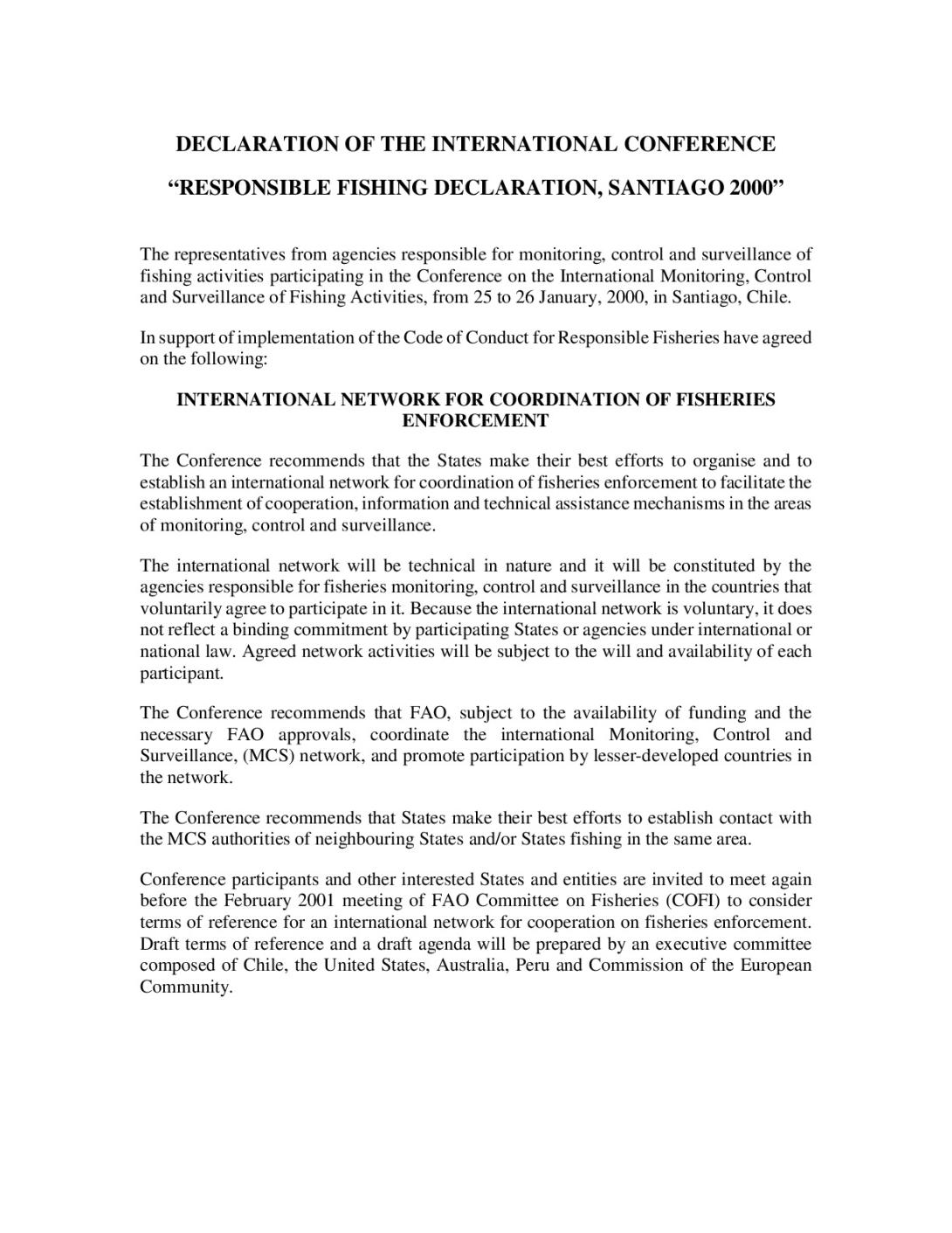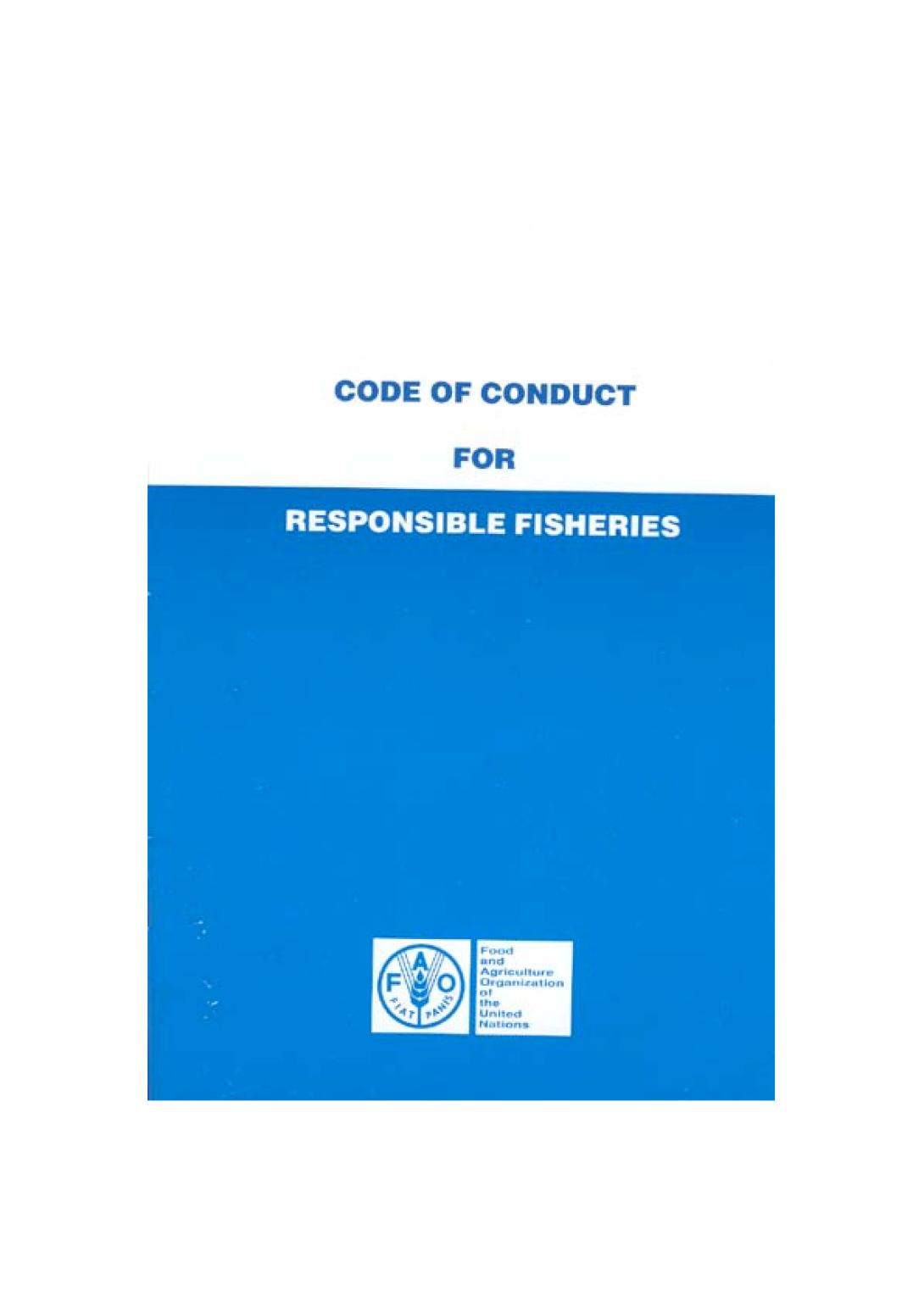The IMCS Network was established in 2001 in response to a simple truth: the professionals working on the frontlines of fisheries monitoring, control and surveillance (MCS), compliance and enforcement need to be connected, supported and empowered.
The call for the Network’s creation came through the Santiago Declaration — a commitment by five countries to strengthen international cooperation to address illegal, unreported and unregulated (IUU) fishing. What began as an informal network of agencies and organisations has grown into the world’s only global community dedicated to fisheries MCS, compliance and enforcement professionals.
Today, the IMCS Network connects 81 national fisheries agencies and regional fisheries organisations, along with a growing group of partners that includes intergovernmental organisations, NGOs and academic institutions. Together, we work to improve compliance outcomes, strengthen capacity, and foster direct communication, cooperation and information exchange.
The need to support and connect those working in fisheries MCS, compliance and enforcement is as important today as it was over nearly 25 years’ ago.
The IMCS Network is uniquely positioned to understand the needs of its community — and to design and deliver initiatives that directly address the real-world challenges they face. In doing so, we create tangible and lasting impact by strengthening the capacity of professionals to detect and respond to IUU fishing and fisheries non-compliance. We believe that collective, collaborative action is the most effective way to enhance fisheries MCS, compliance and enforcement — and that these efforts are essential to protecting the world’s oceans and ensuring the sustainable management of fisheries.
Our work is guided by a clear purpose: to build a globally connected and capable MCS, compliance and enforcement community — one that works together to achieve and maintain optimal levels of fisheries compliance. The IMCS Network has three key Objectives that guide our work:
Improved fisheries MCS, compliance and enforcement approaches that combat IUU fishing and optimise levels of compliance.
Effective collaboration and cooperation established and maintained between members and across the global fisheries MCS and compliance community.
Empowered, informed and capable fisheries MCS, compliance and enforcement practitioners.



